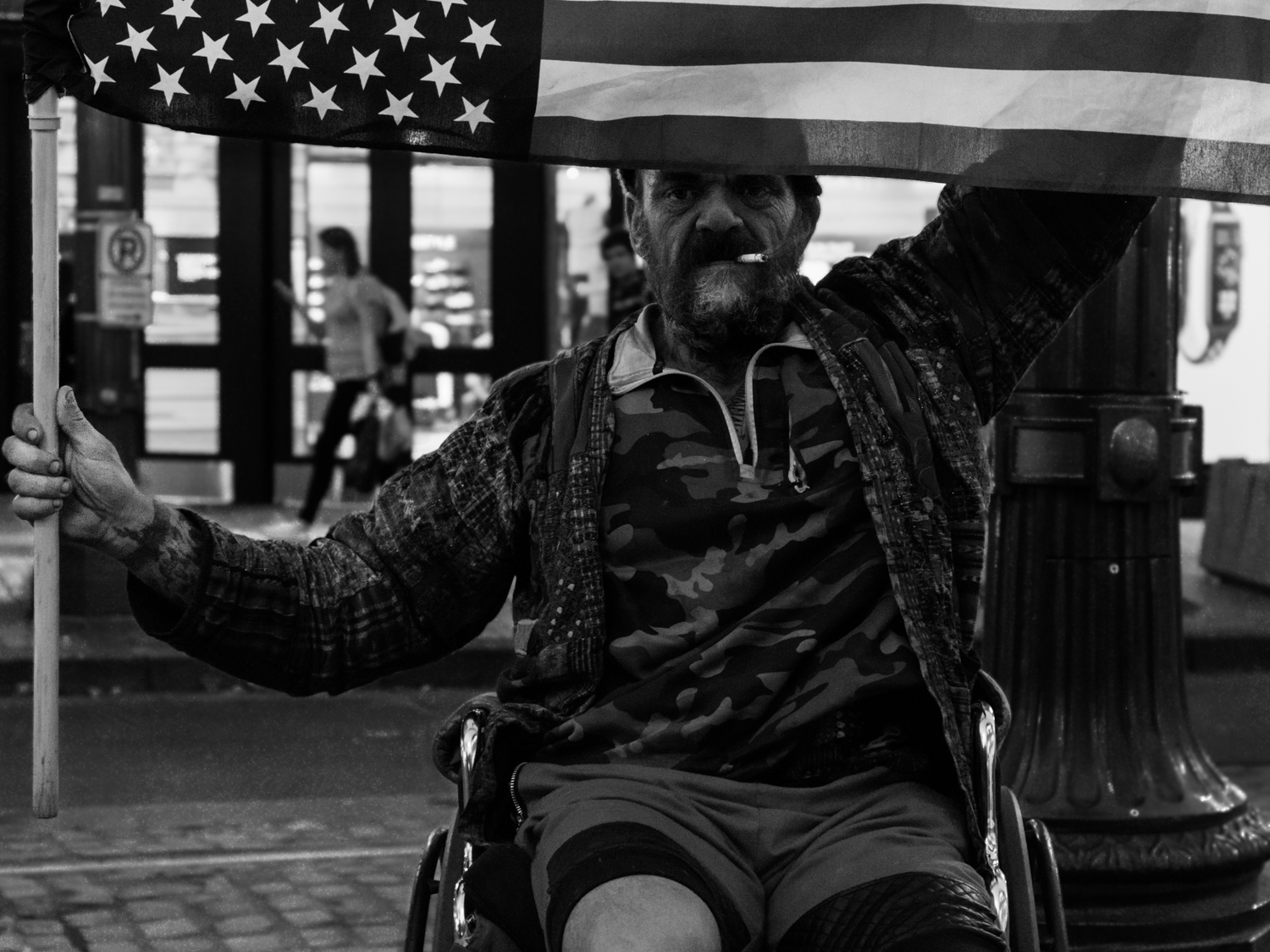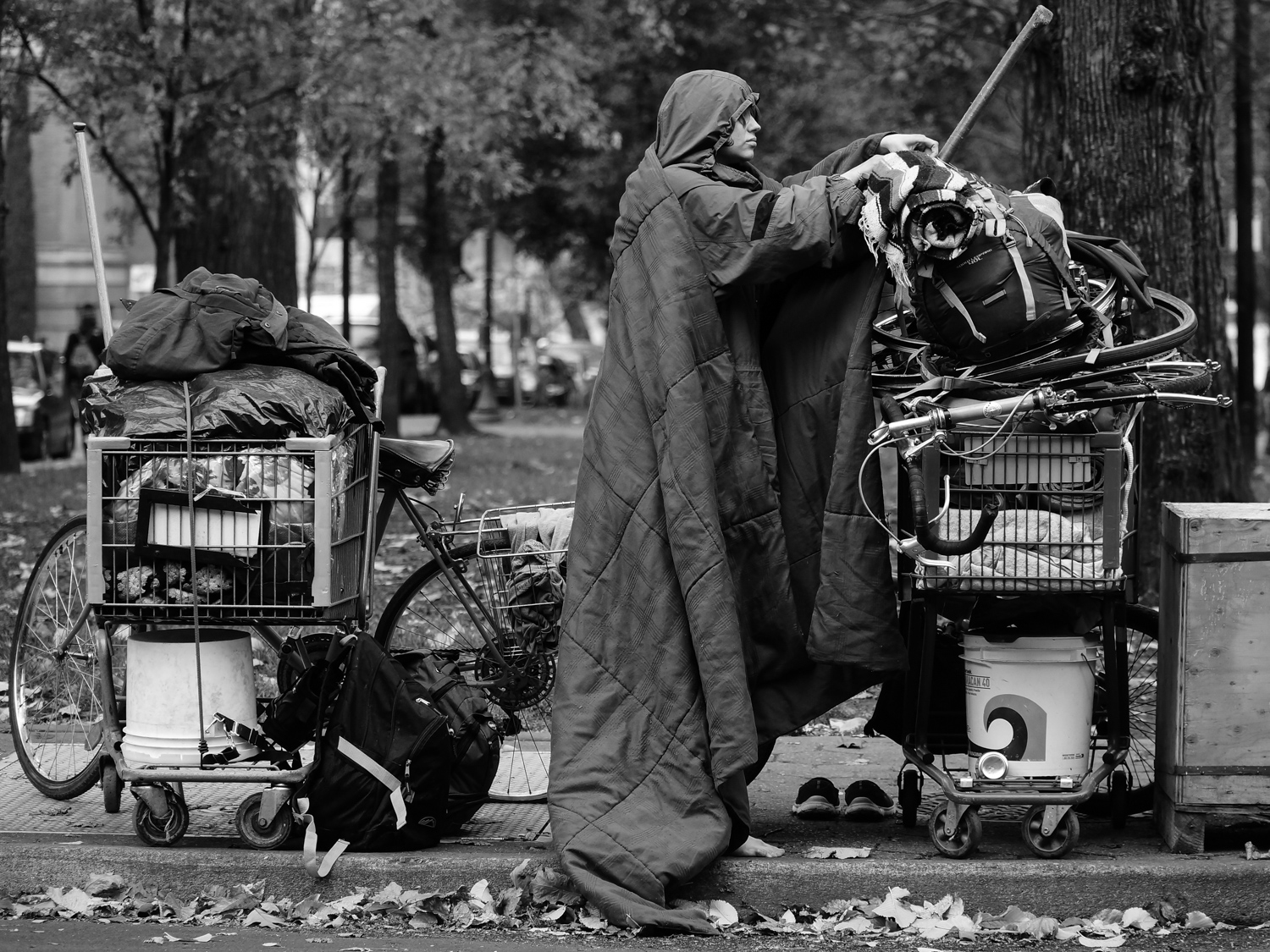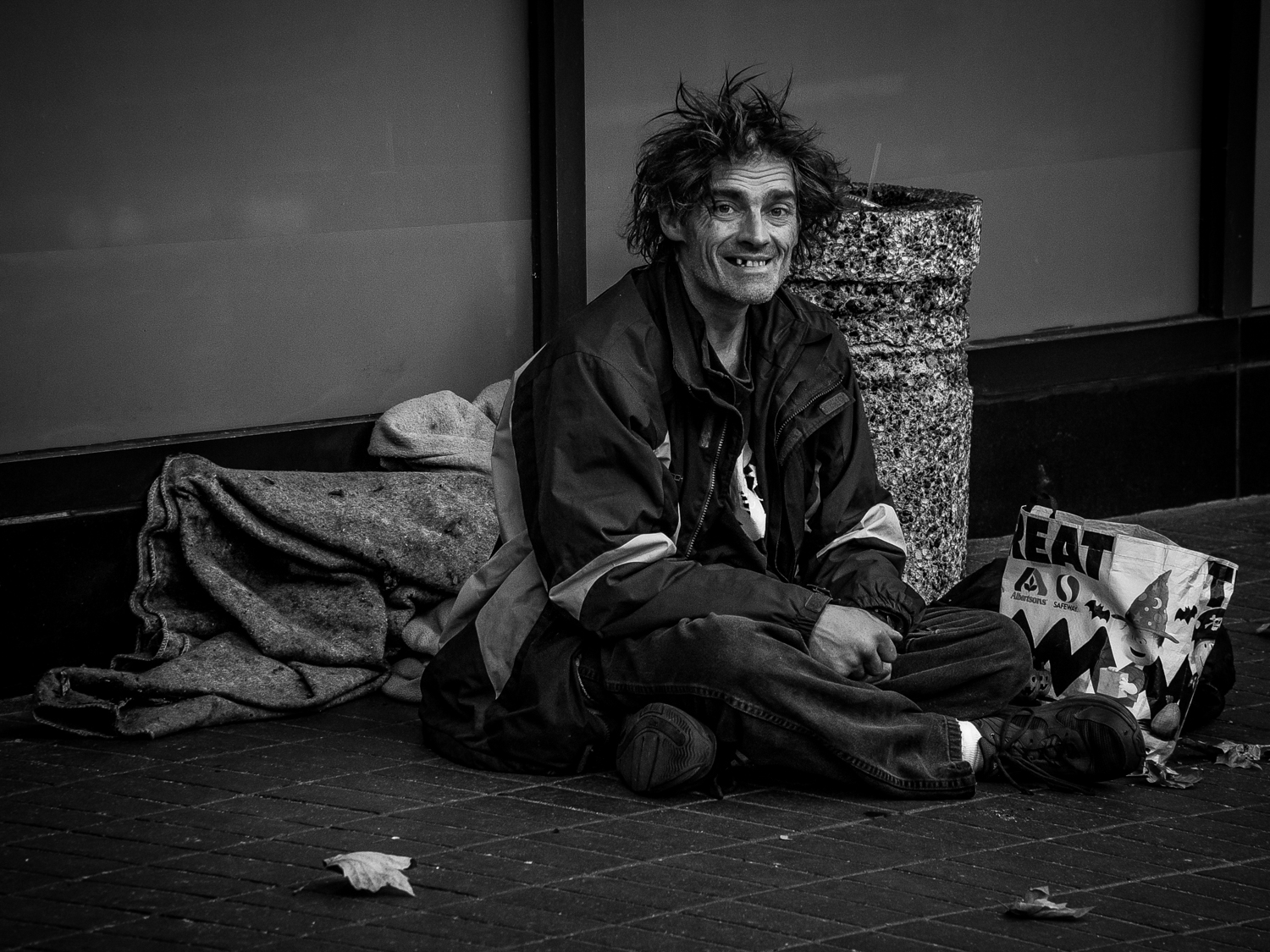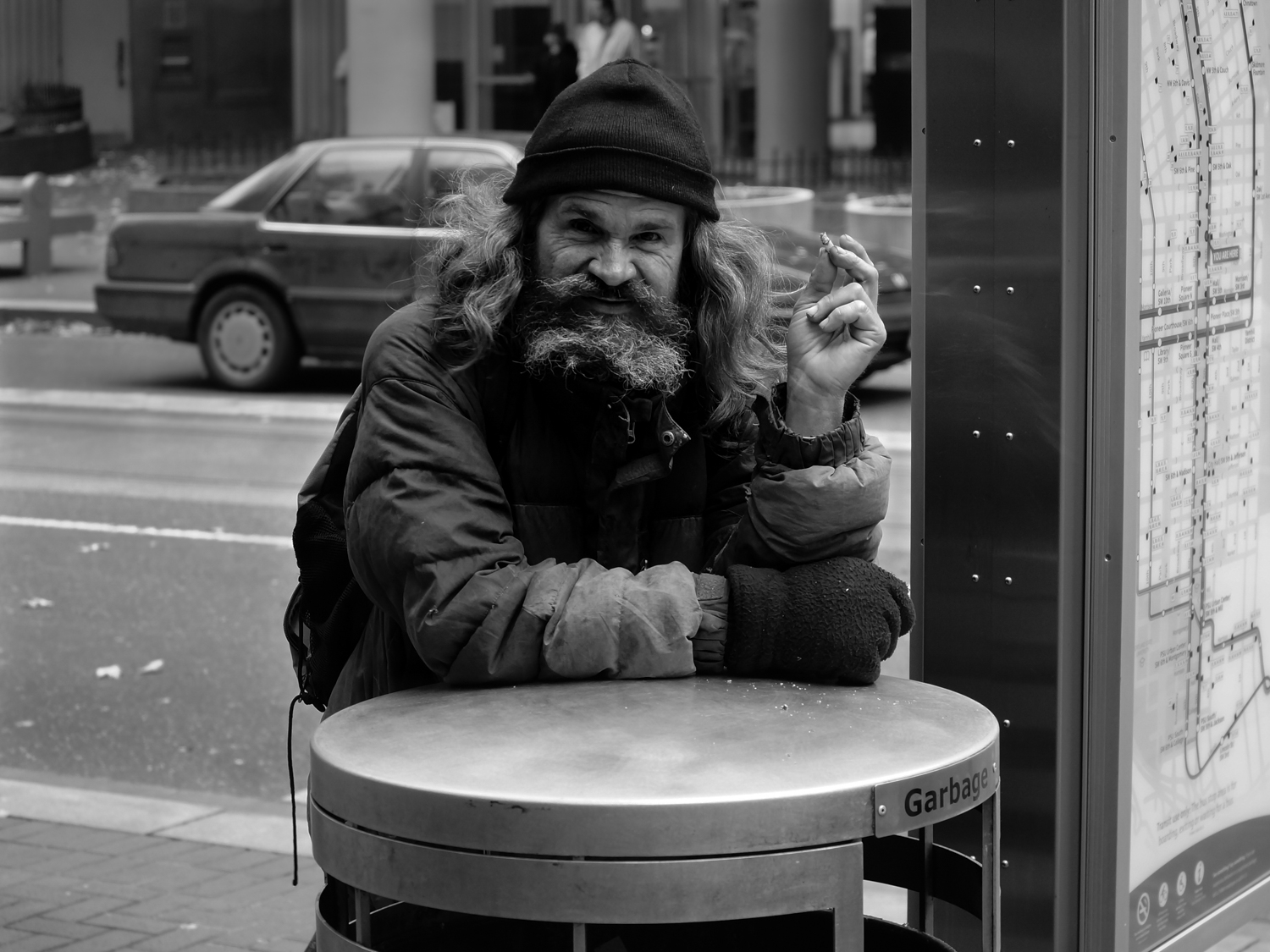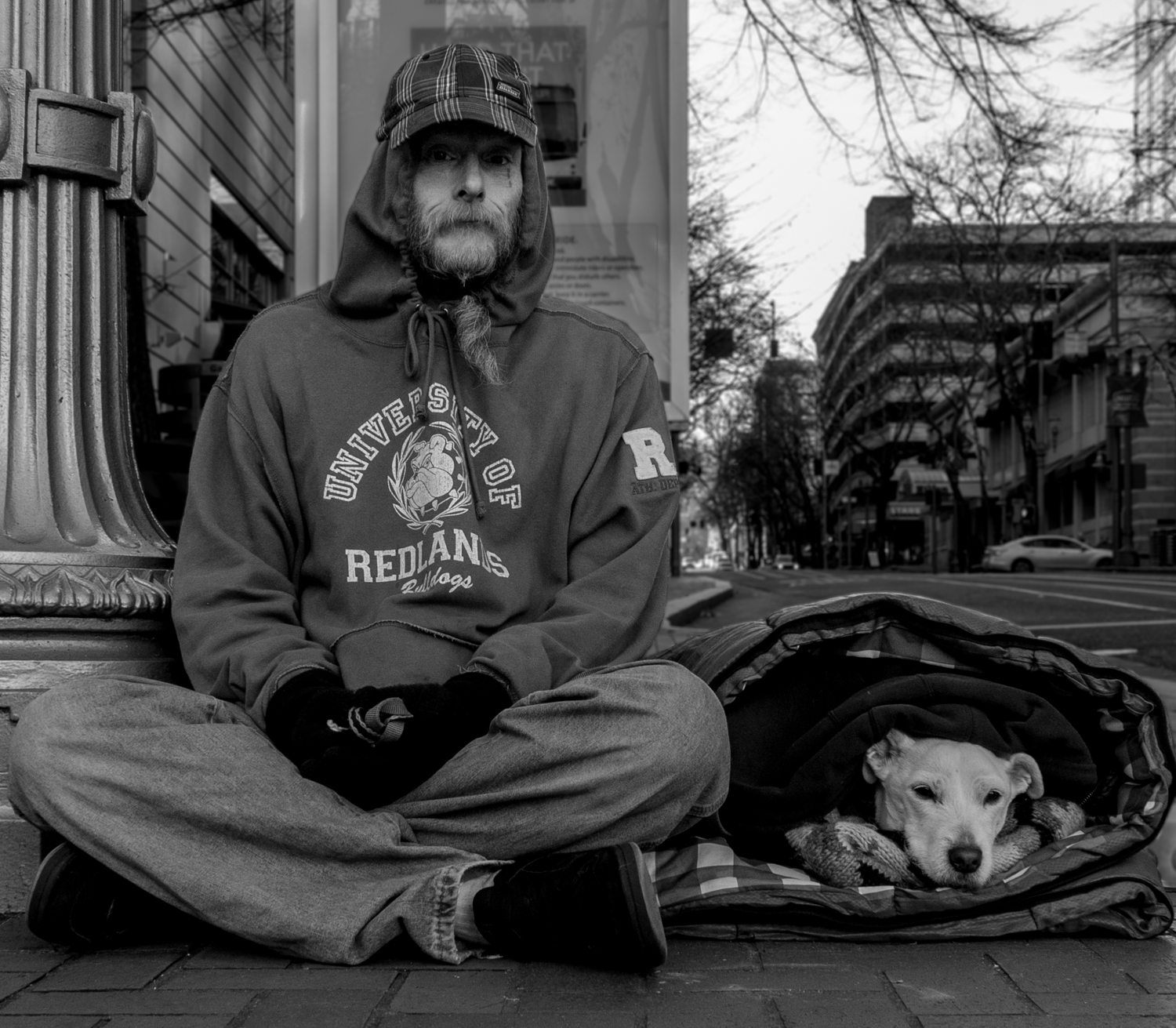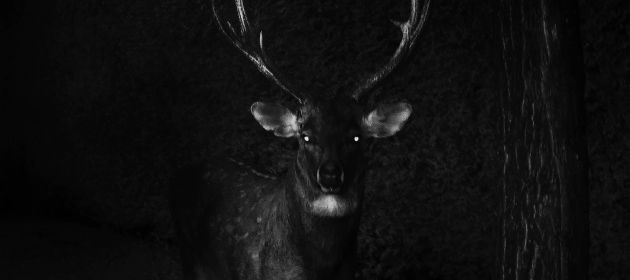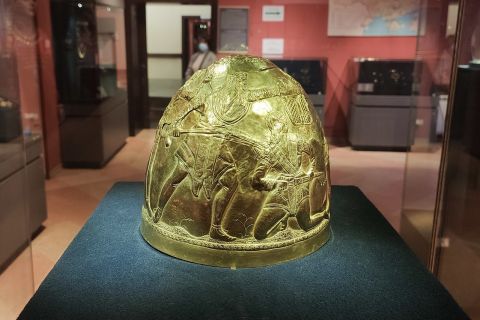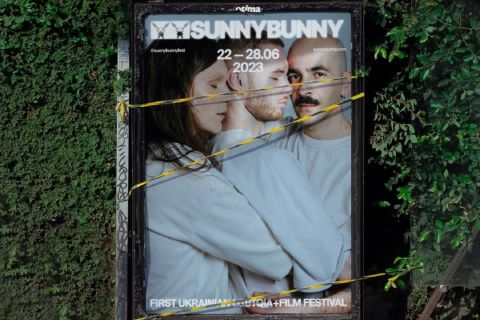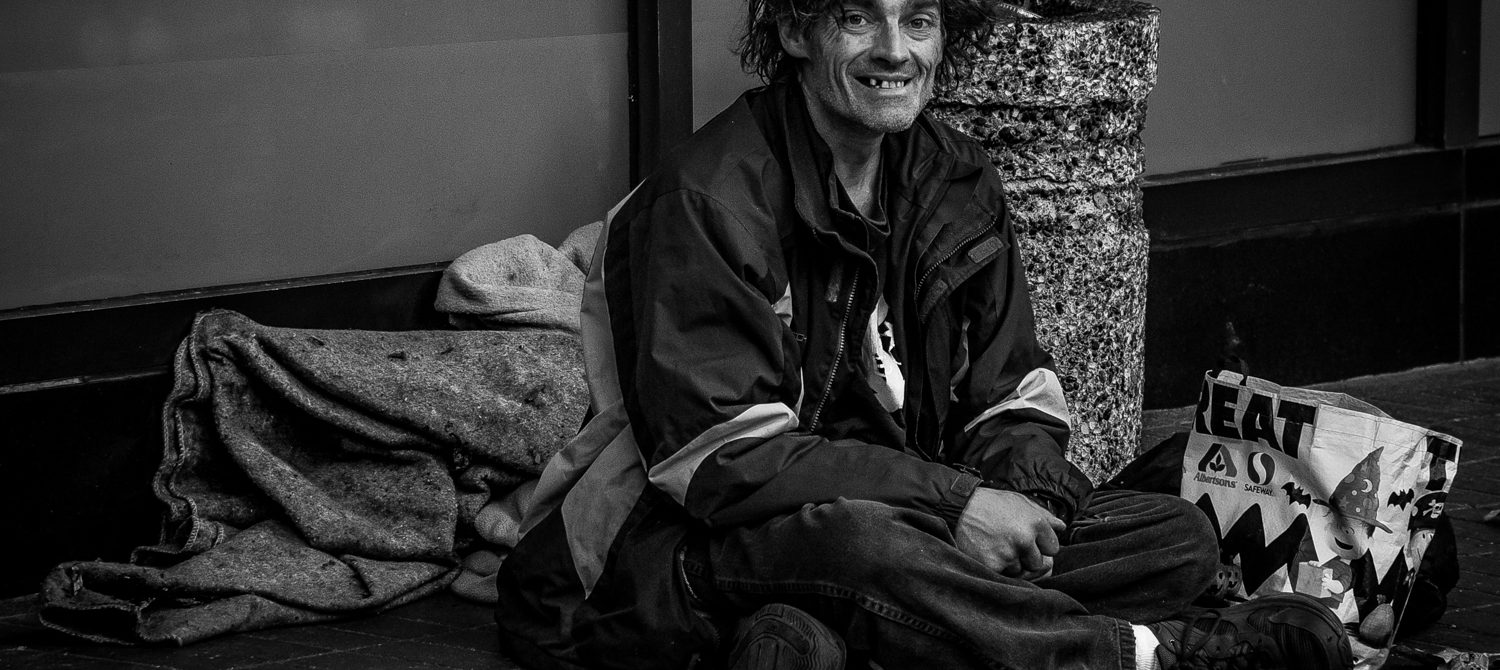
Ian Cole: A Former Homeless Addict Who Self-Medicates with Photography
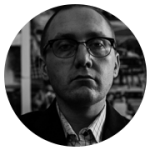
Born in Great Falls, MT, in a Native American family. After finishing high school, moved to Seattle to study sociology. Developed an alcohol addiction and was homeless on and off for several years. Worked as a cook, now is a social worker who helps addicts. Started taking pictures eight months ago.
Please tell us a bit about yourself. It seems you had an interesting childhood.
My parents are divorced, and since I was 8 years old I spent the school year in Newport, Oregon with my mother. It is mostly a commercial fishing town. I spent a lot of my time outdoors on the docks and on the beach. During the summer and the winter vacations away from school I would go to Great Falls, Montana to stay with my father. He is a record collector, and my grandmother is an artist who taught me to draw and paint.
We were very poor and my mother was often gone spending her time at bars. Both of my parents were active alcoholics. I was a poor student until I entered high school — then, I started working hard because my my main motivation was to leave Newport and the unstable house that I lived in. I received good grades and was accepted into Seattle University in Seattle, Washington. I moved to there shortly after.

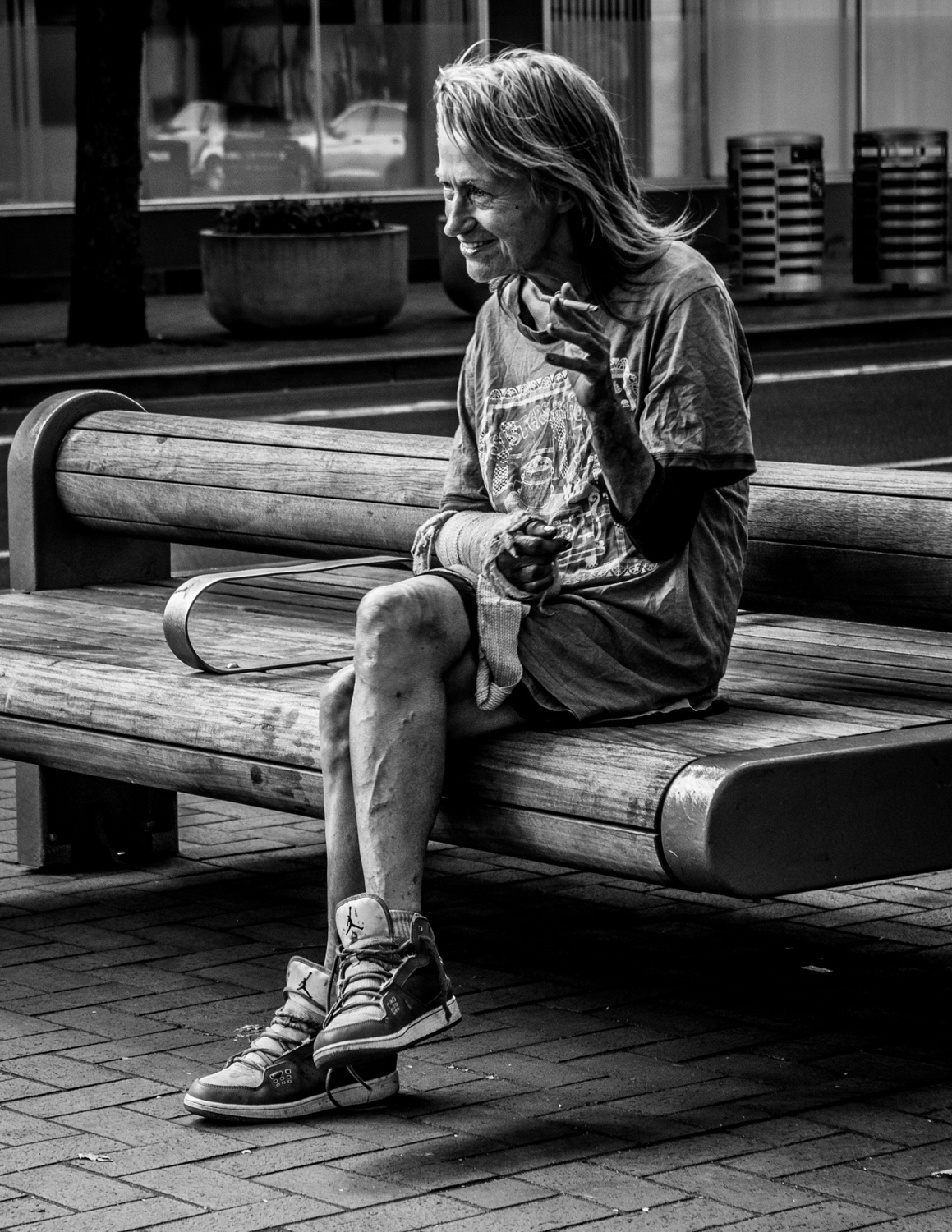
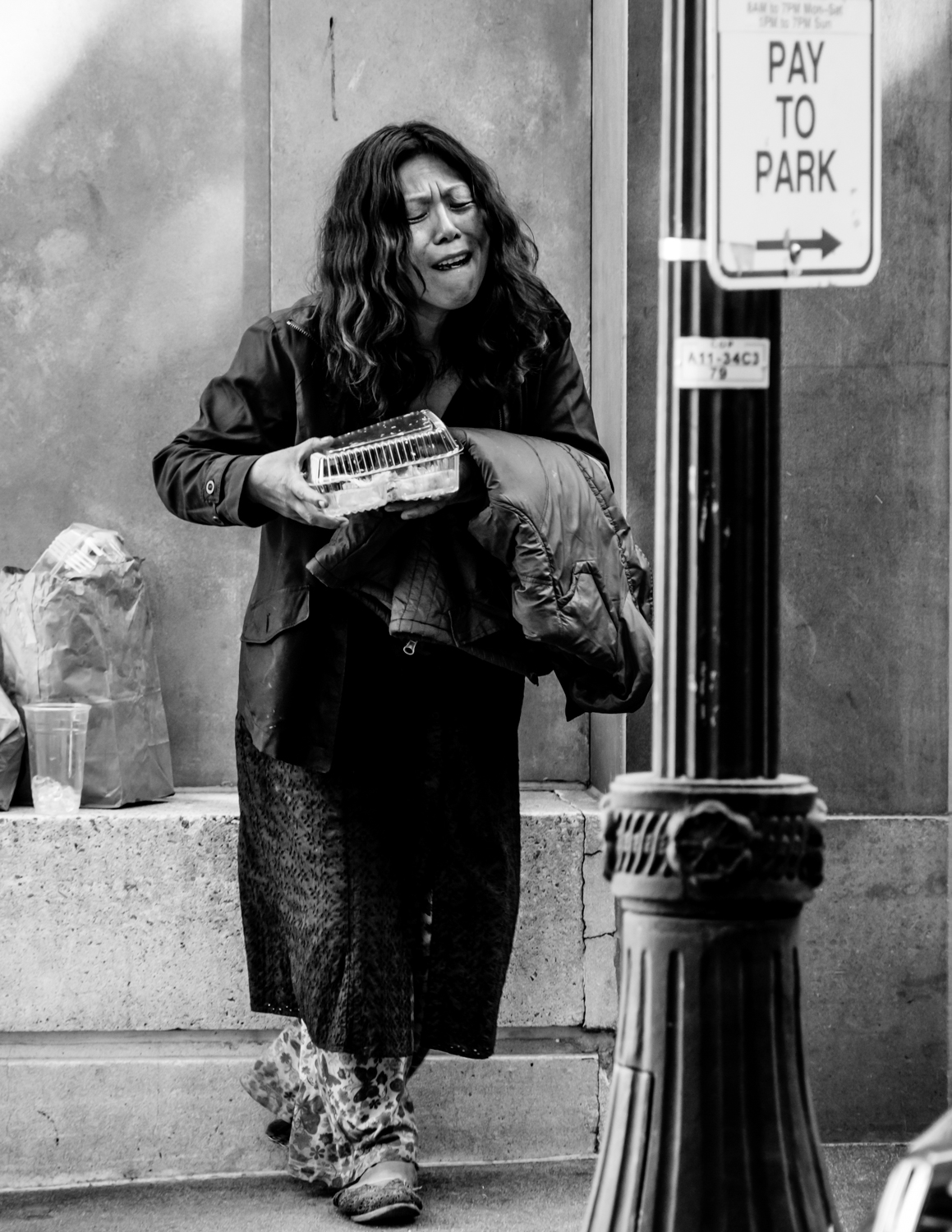

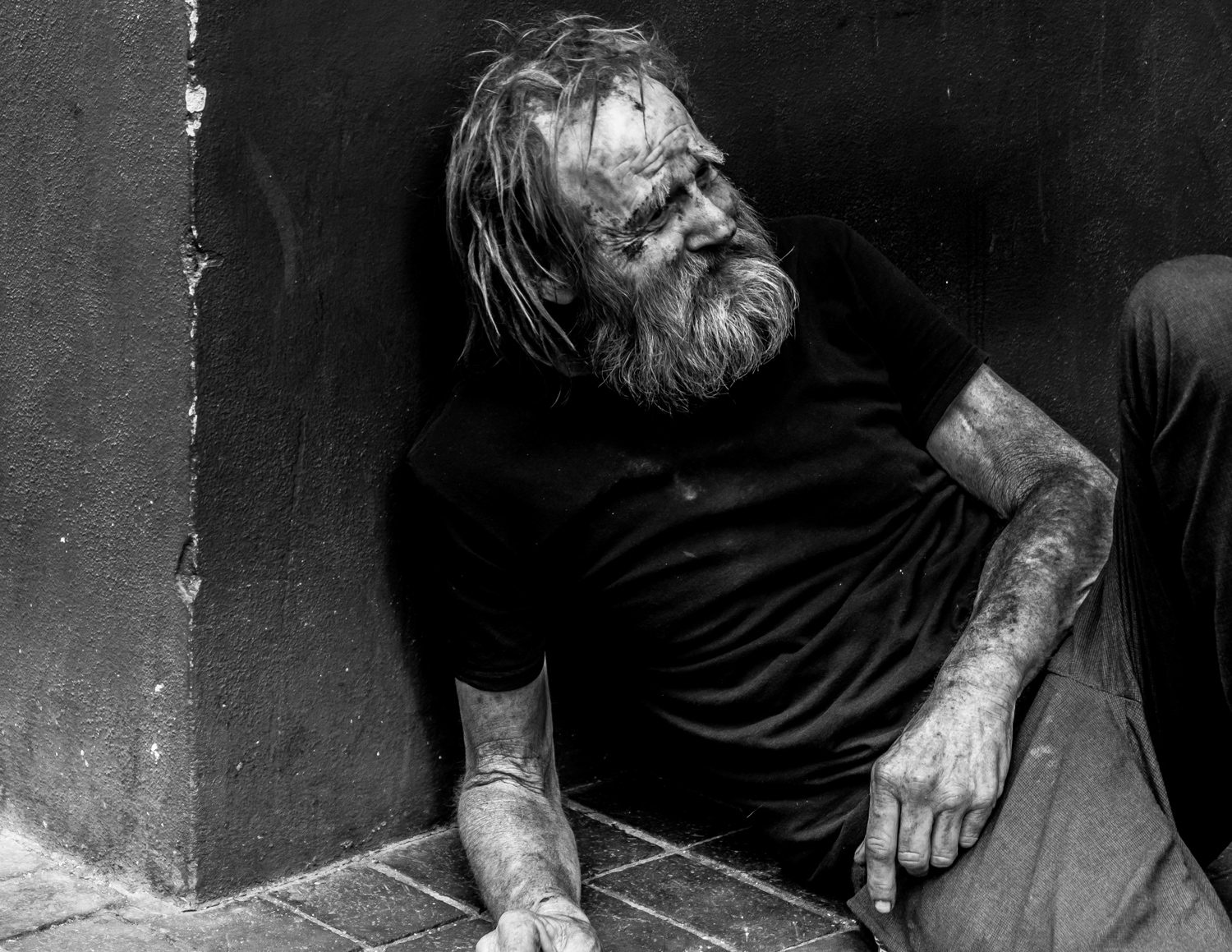
I know that you’ve been homeless for some period of time. Can you tell me how it happened and how you found a way off the streets?
I was homeless on and off for about nine years. I have clinical depression and used alcohol to self-medicate. I started drinking at college parties and very quickly lost control. I couldn’t keep a job, maintain friendships, or pay rent. Alcohol was more important that anything. I would get a job and friends and a home and then ruin it with my drinking. I would move again and build a life, and lose it all over. It was a cycle that seemed impossible to stop. My drinking habit was easily a half a gallon of vodka per day.
In 2012 I was dating a girl who was a heroin addict and tried heroin for the first time. I started using it as a way to cut down on my alcohol consumption. There was no chance of keeping a job or a home. I didn’t see a way out, I didn’t believe that I could quit. I was homeless in Seattle. It was the worst period of my life. I had been stabbed and overdosed. I went back to my mother in Newport. I quit heroin but couldn’t quit drinking.
I ended up in jail in Newport, I was forced to be sober for 9 months in a jail cell. It saved my life. When I got out of jail I went into a Native American rehabilitation program. On December 20, 2014 I had my last drink. I moved to Portland, Oregon. I got a job in recovery. Now I work helping drug addicts. I was able to work my way out of homelessness because people helped me out. I found spirituality and became comfortable with myself.
What is the main lesson you got from your homeless life?
I learned that the important things are kindness and acceptance. I learned how to appreciate the little things in life. That homelessness is not a moral issue, and anyone can end up in that situation. I learned that I am strong and can survive most anything. It has taught me how to be humble and connect with people in whatever situation they are experiencing.
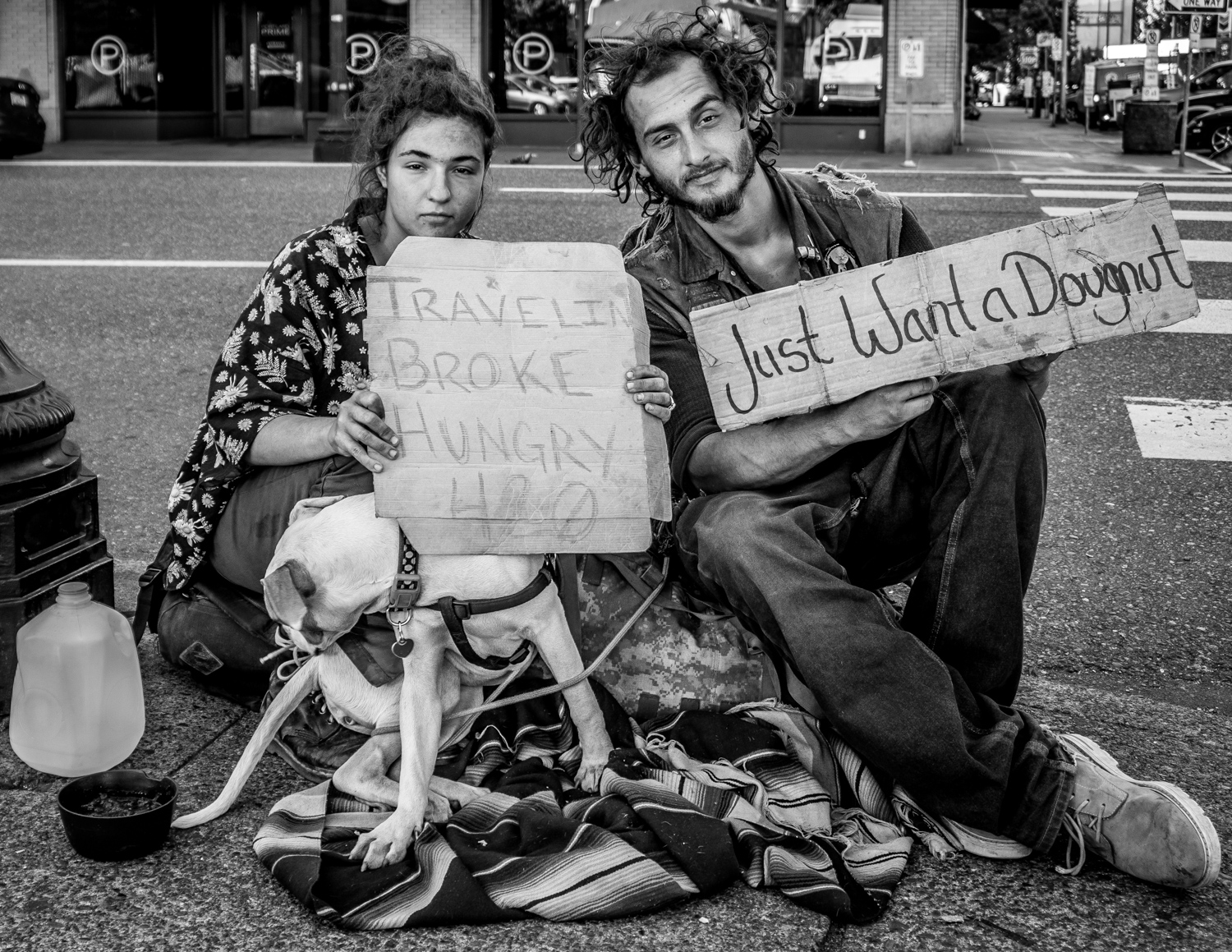
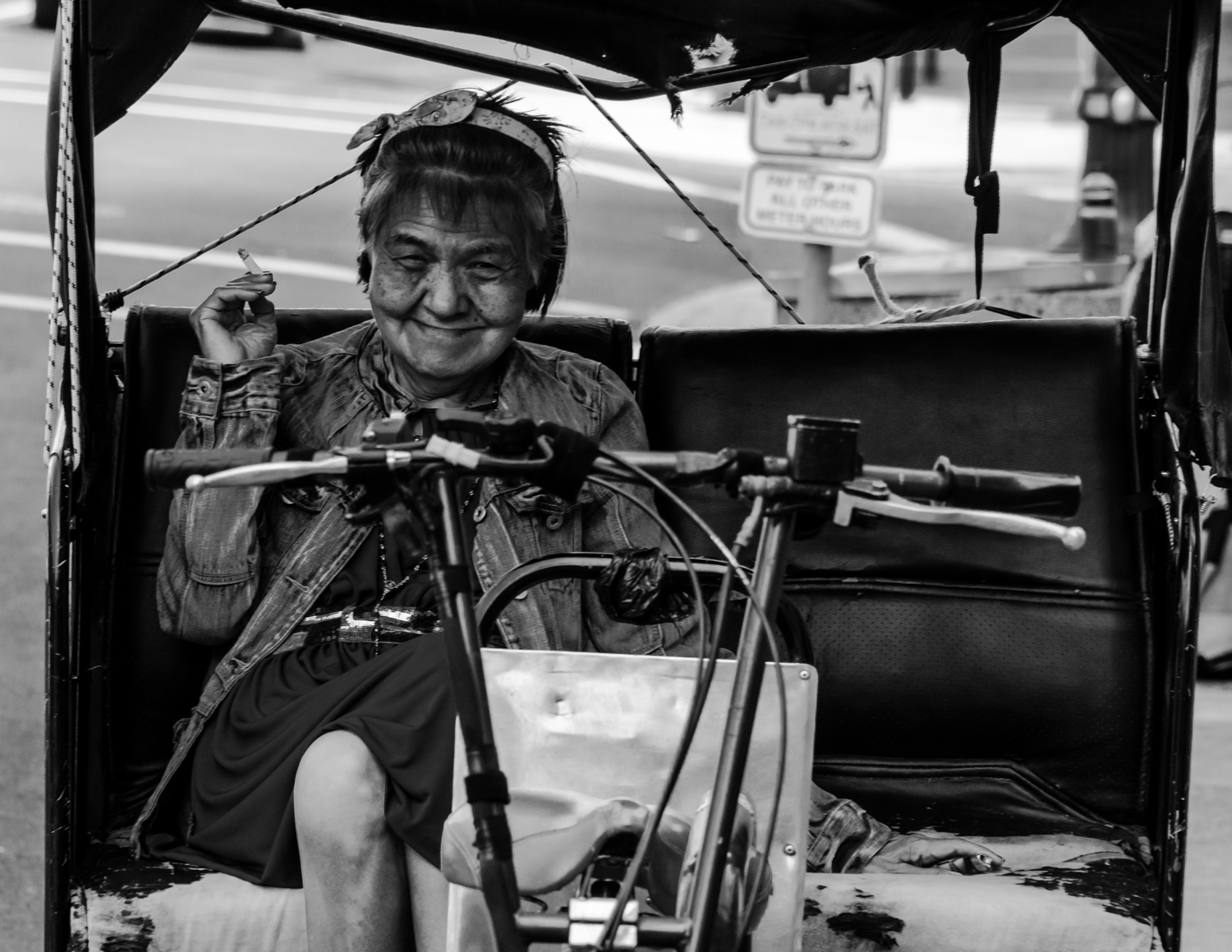
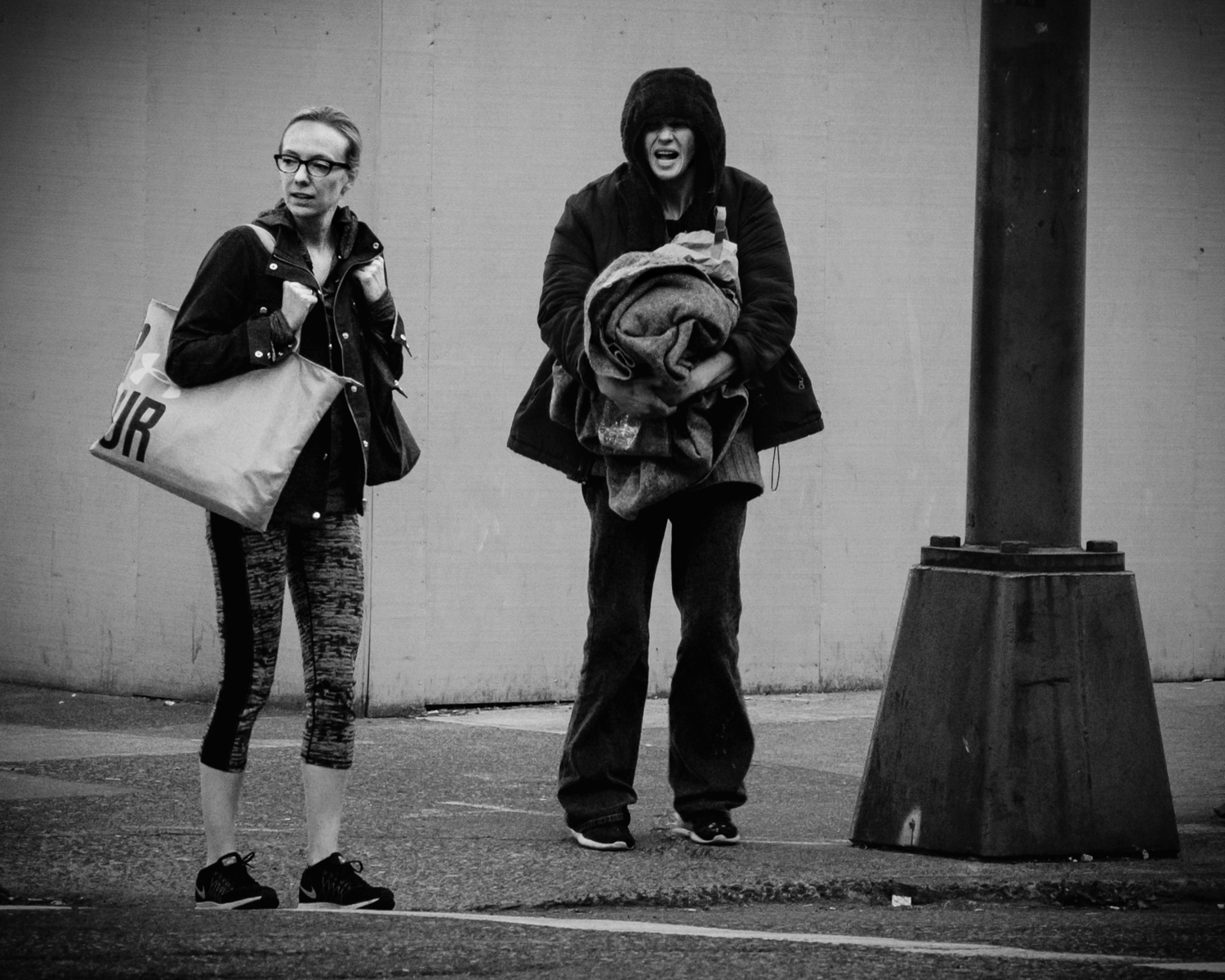
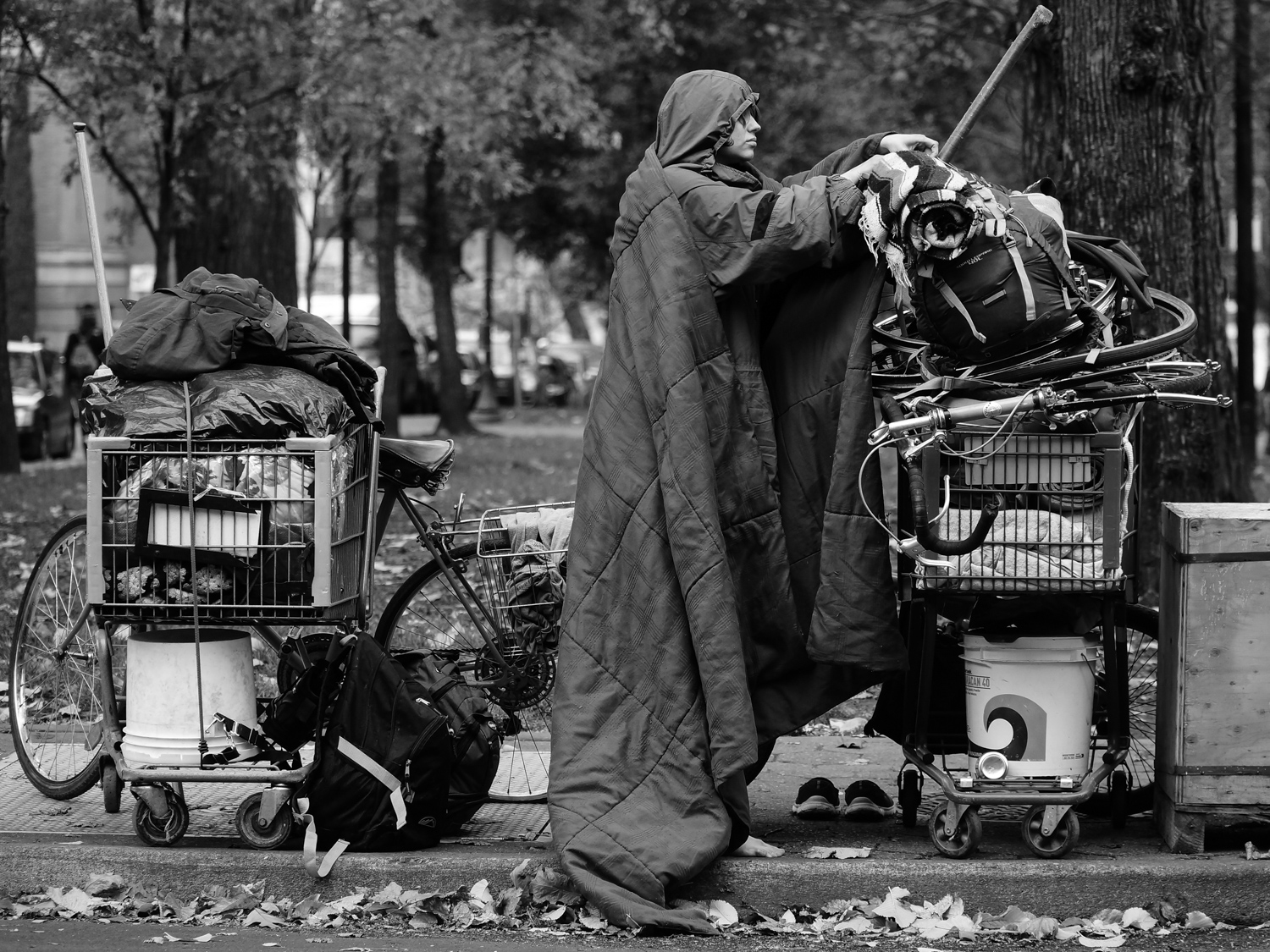
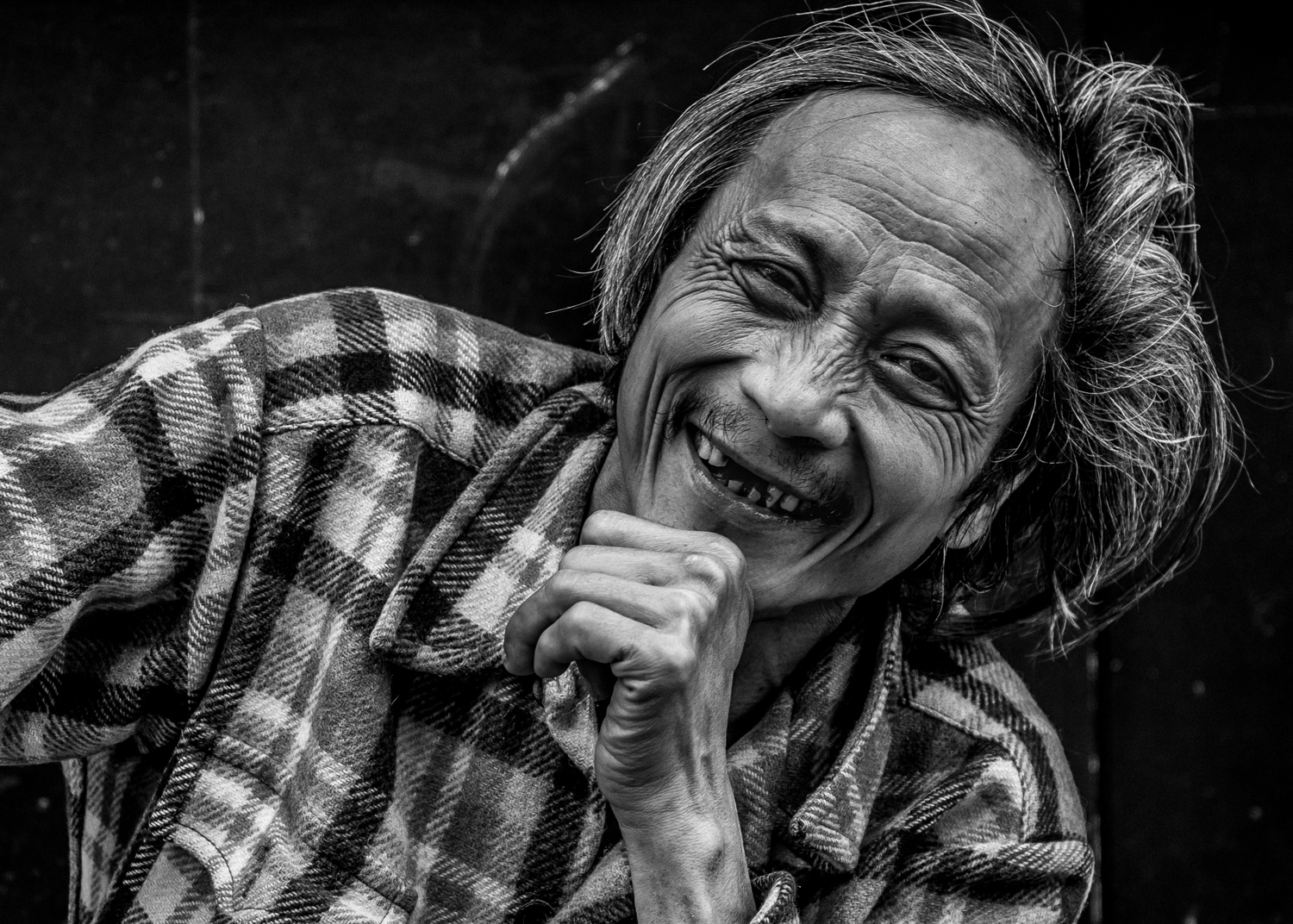
When you did you start to take photographs? What were they?
I started street photography in May of 2016. At first I was shy and took photos of trees and buildings but I didn’t find it very interesting. I had an idea to photograph the homeless people who I saw everyday around where I work. It turned into a passion, the first thing to interest me since I have gotten sober. Eventually I bought a camera. From then on it is something that I always have with me. I want to photograph everyday people who are overlooked. Having been homeless, I think, allows me to photograph without the barrier that a lot of others experience. I am more comfortable with street people than I am with business men and women. I would rather sit on a curb than in a mall. I belong on the street, it’s been my life. So, I photograph what I know.
How does your life experience reflect on your photography?
I always wished I had a camera to document the places I had been in my life. I have no record of all the unbelievable things I have experienced. I don’t remember a lot of it. I am very solitary and I am a bad storyteller. But, with a camera I can capture those moments and show people what I see. I like street photography because it is all about chance, and patience, and connecting. I am not interested in poses and fictional emotions. The best moments are impossible to recreate in a studio.
Do you think a photographer should be empathetic?
Empathy is extremely important. I can’t photograph something that I don’t understand. I can’t take photographs of a moment if I don’t recognize the importance of this moment. Empathy allows me to recognize the layers of a person. Then I can show the photos that best represent their personality. If I don’t care the viewer won’t care.
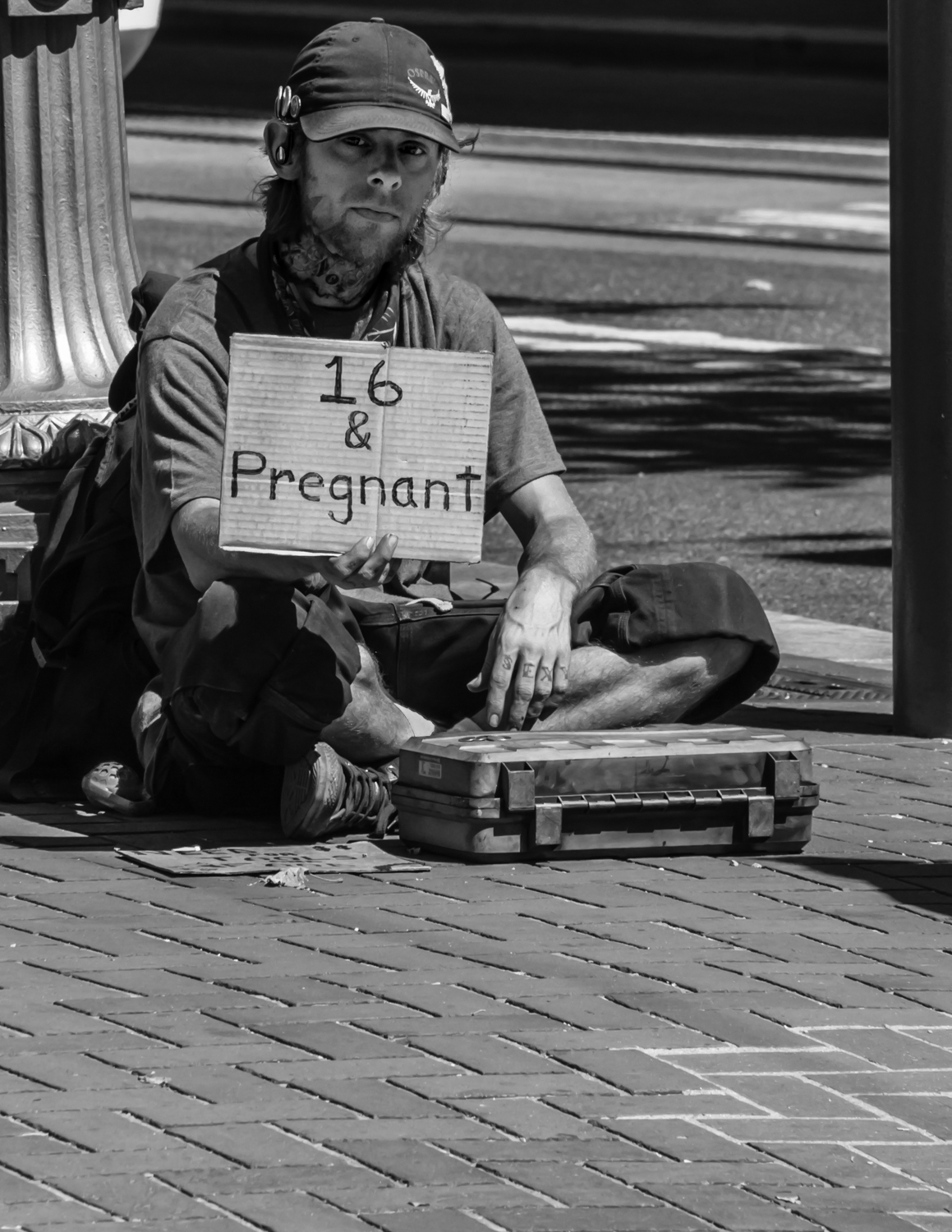
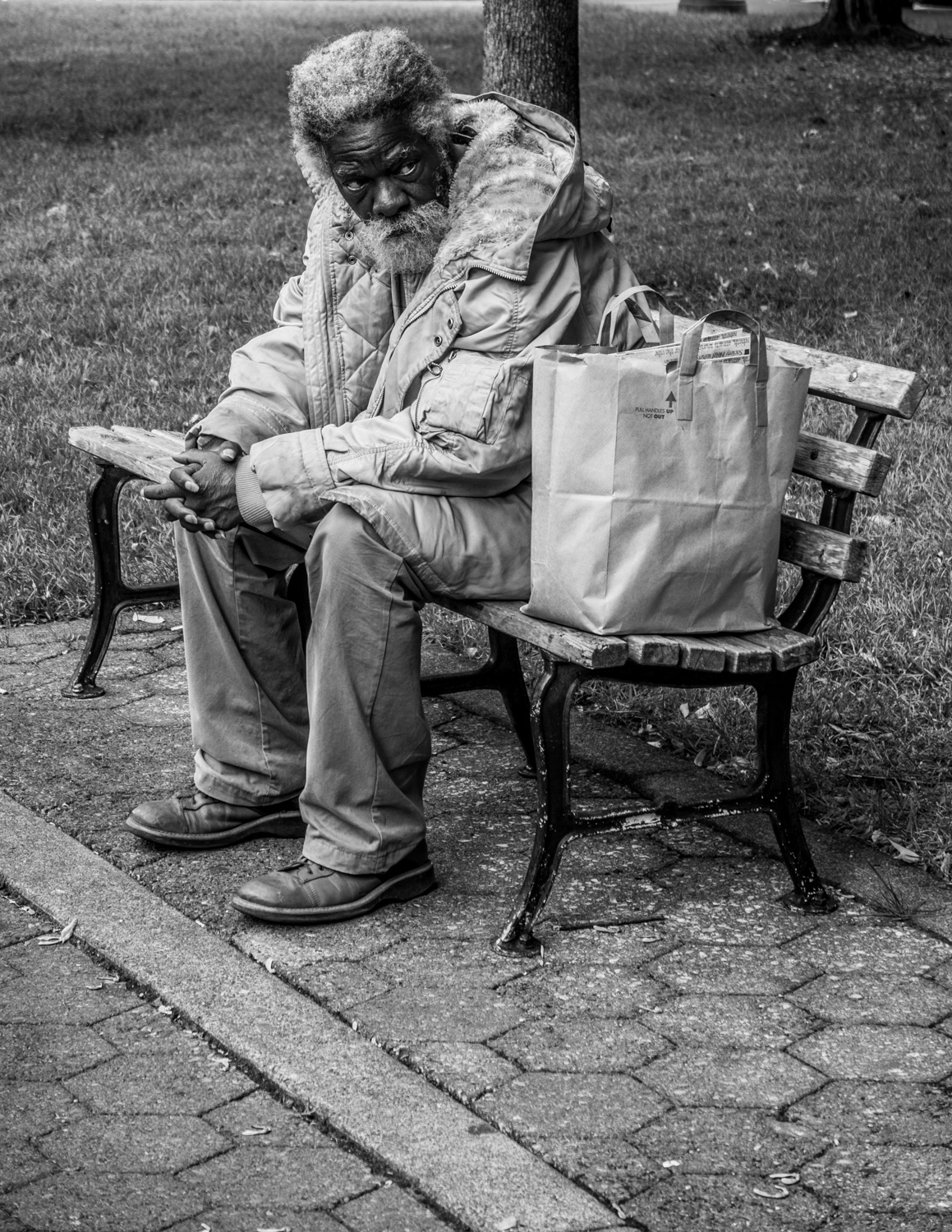
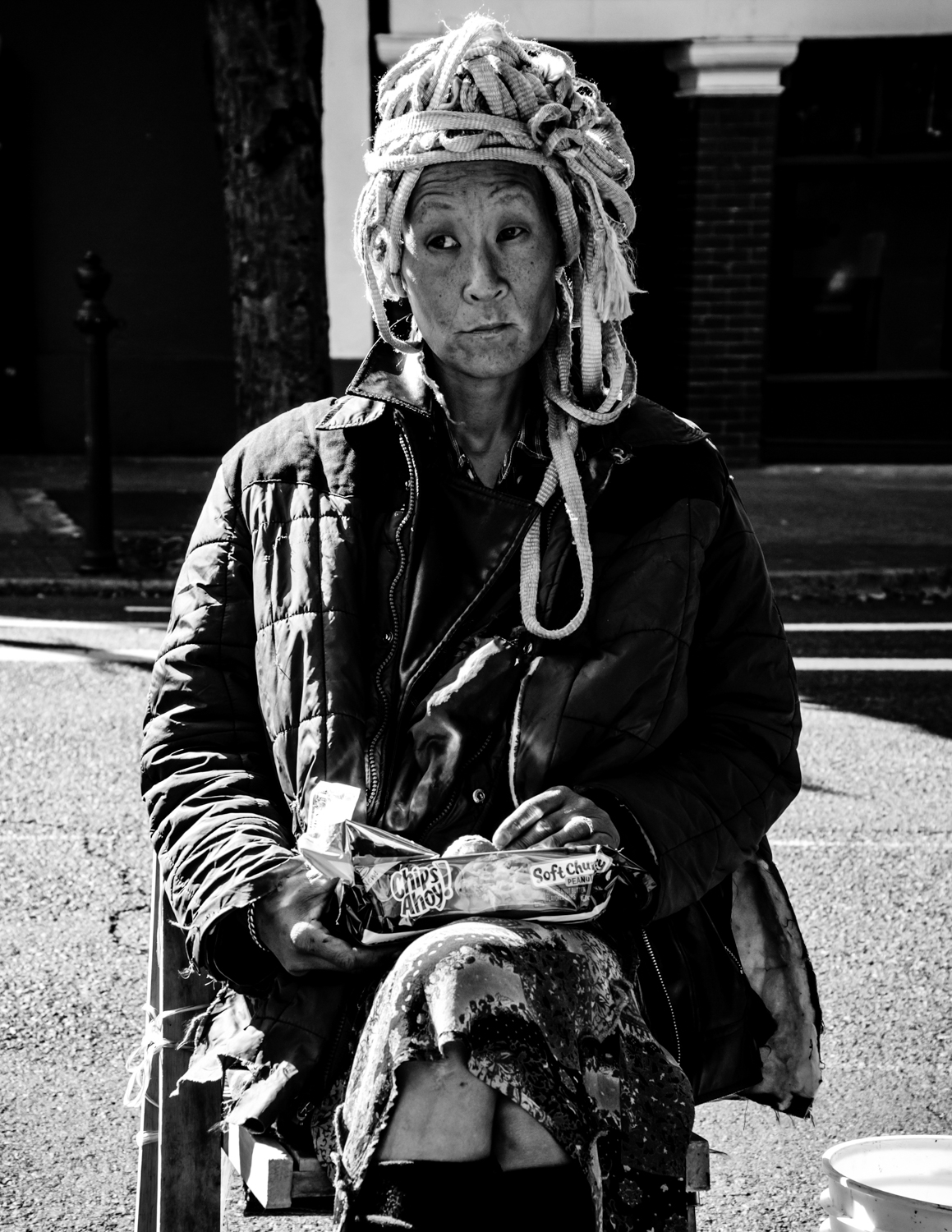
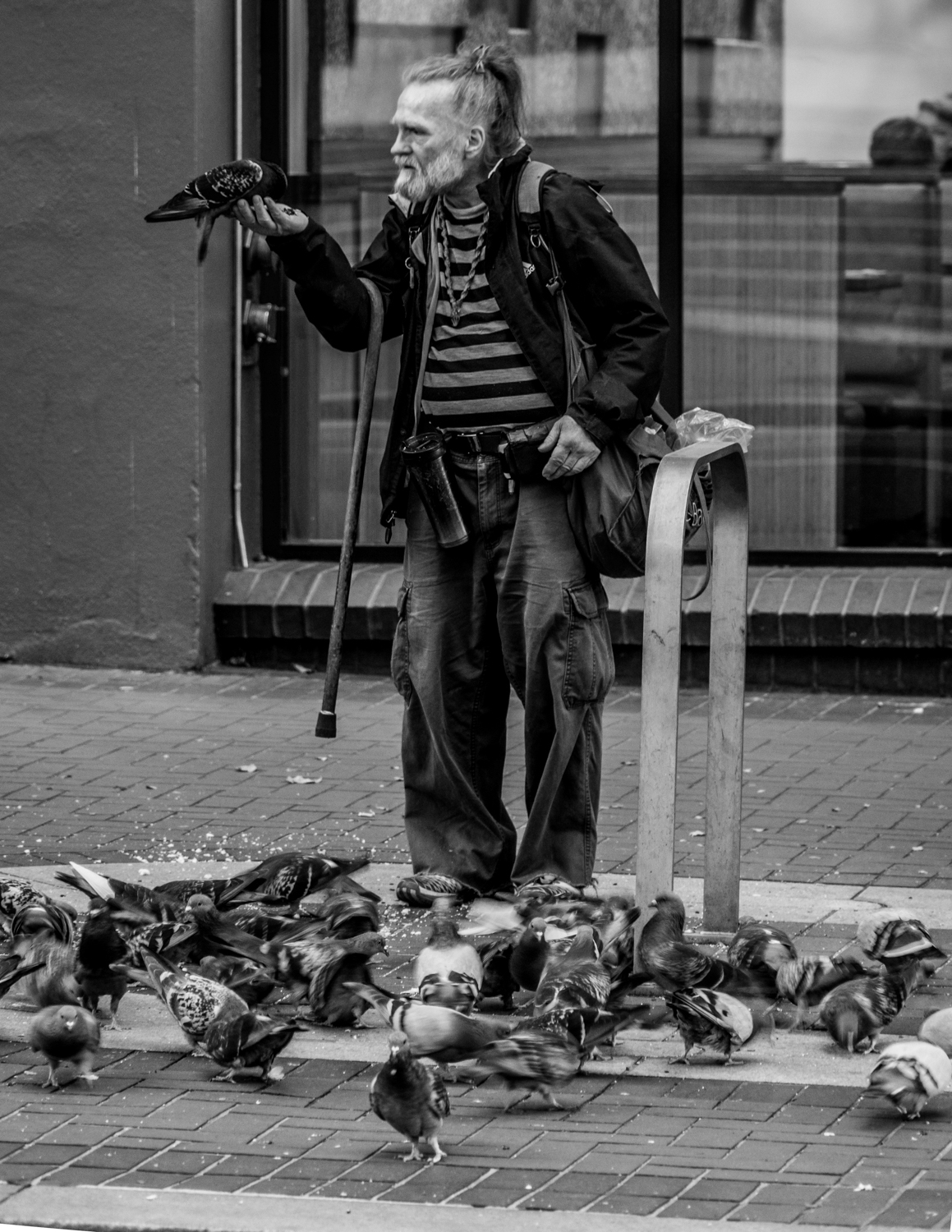
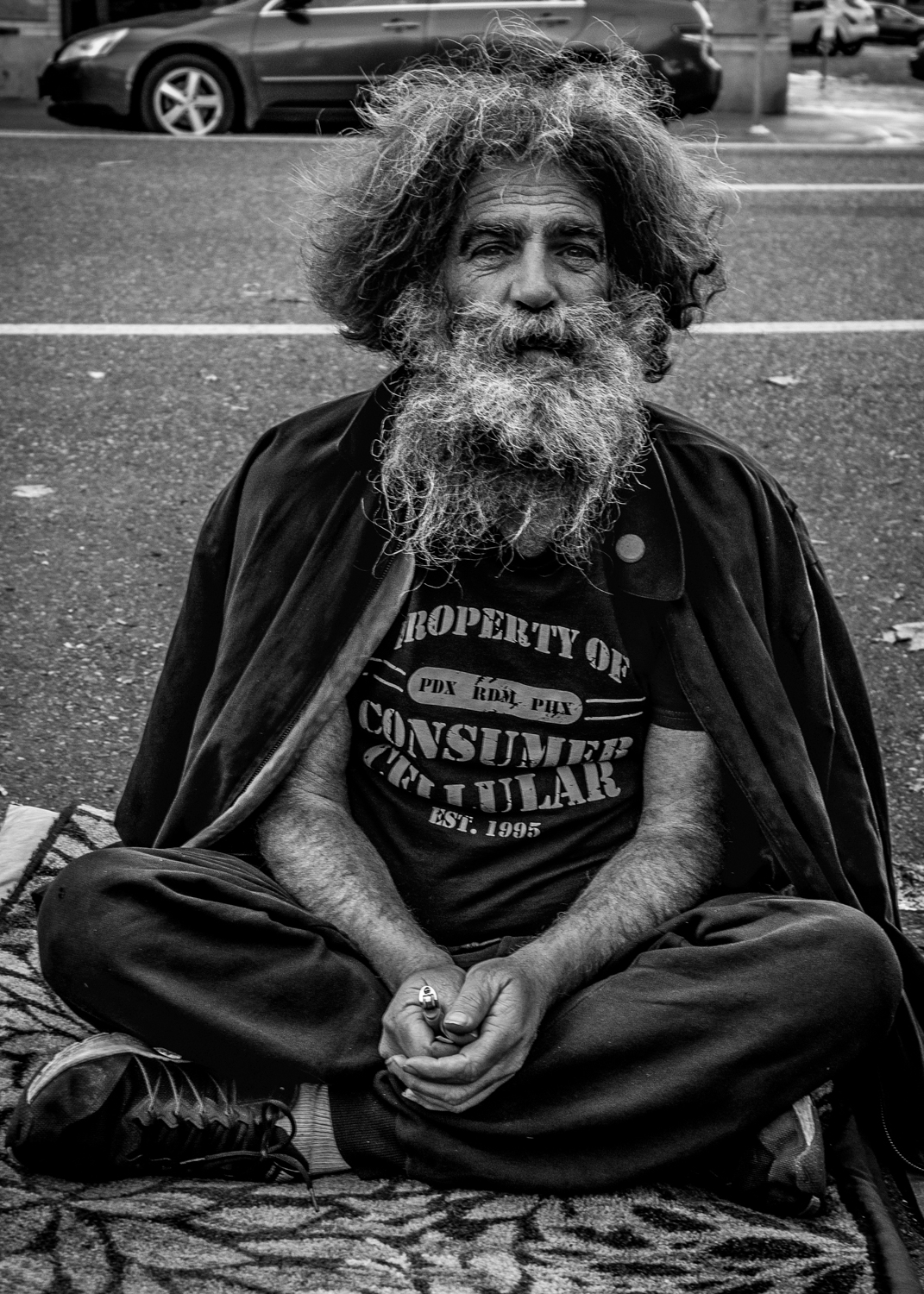
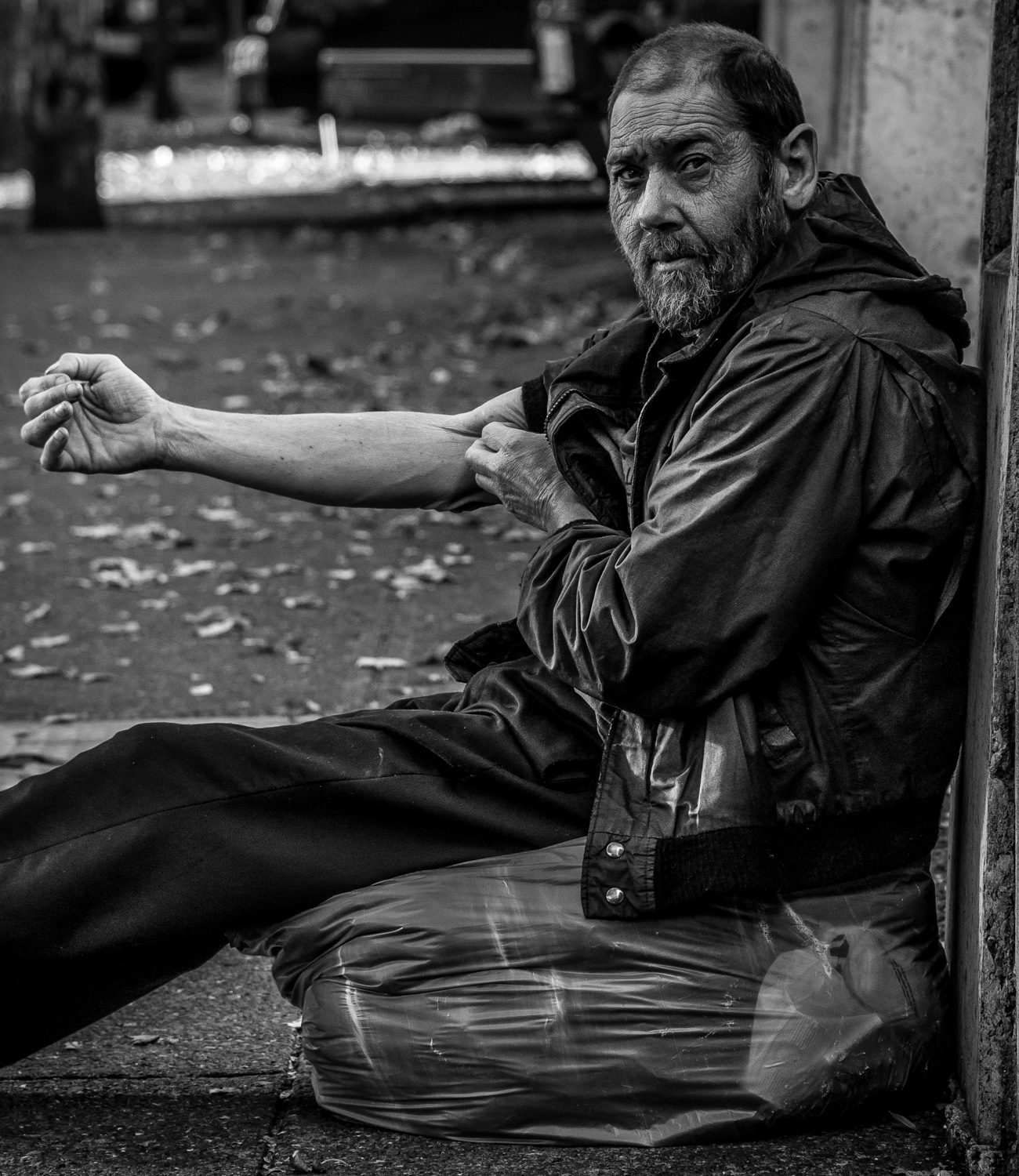
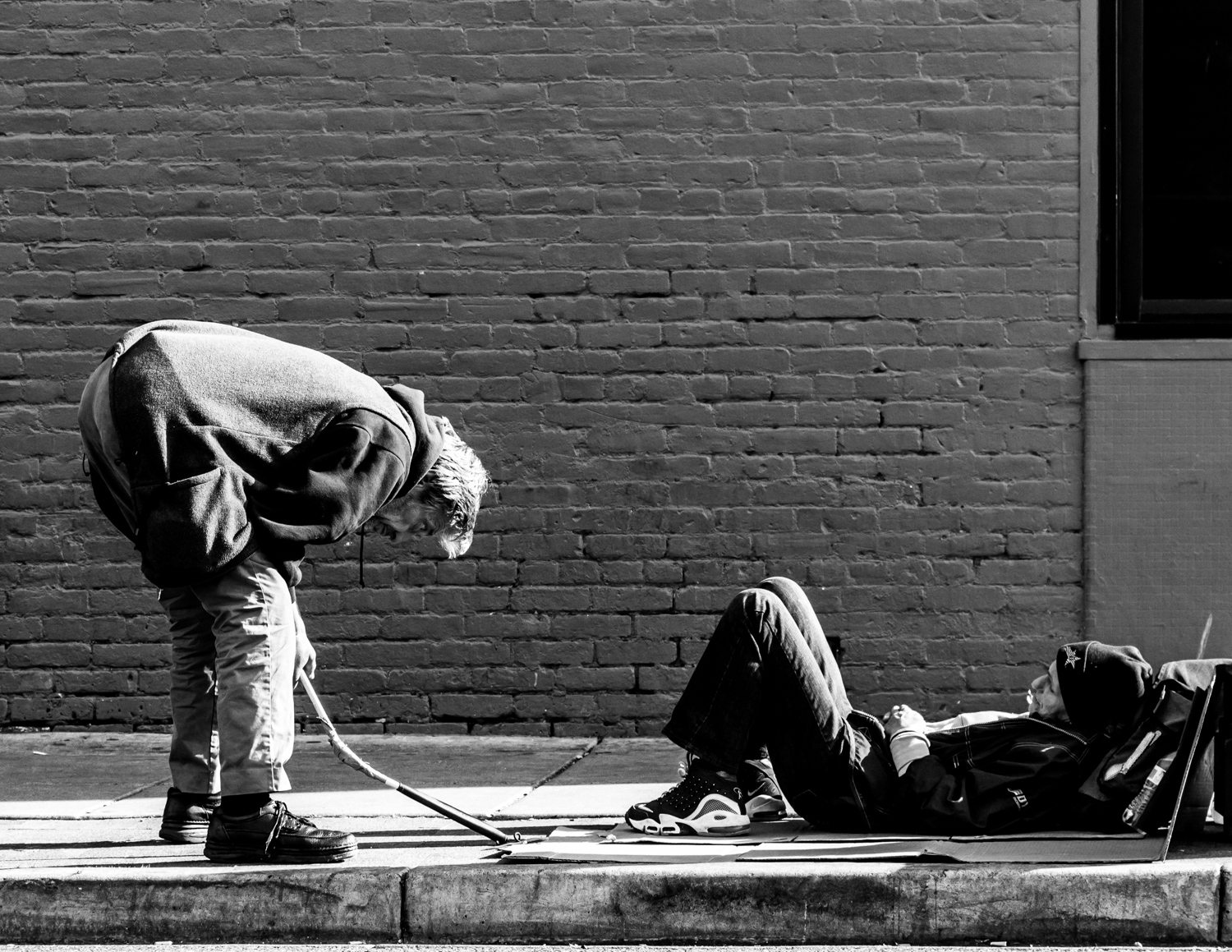
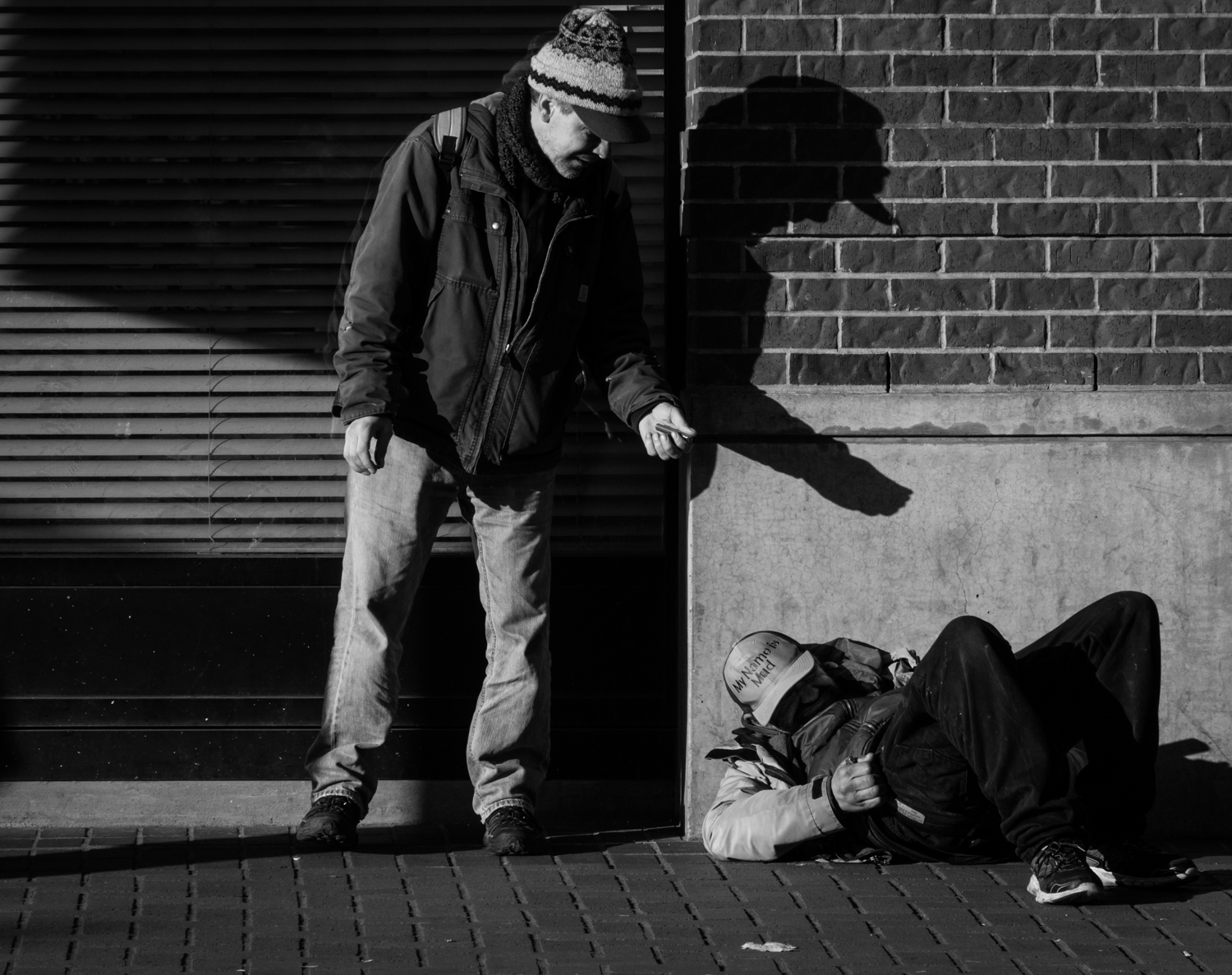
You said that you love beautiful people. Is everyone beautiful for you?
I don’t think everyone is beautiful, far from it. There is a lot of horrible, ugly people and situations in the world. That is what makes the beautiful moments special. I don’t believe everyone is a good person, but most people have potential and a capacity to change. Social status is often confused with the inherent value of a person, but wealth is not a measure of intrinsic goodness and beauty. There are horrible rich people and horrible homeless people. But everyone has the capacity to change.
Do you communicate with the heroes of your pictures somehow? What do you say to them?
When I take a portrait I usually sit down and have a conversation. We talk about normal things, life, the weather, anything. The barriers that exist between people are often in the mind. It is not an ‘us’ and ‘them’ situation. They aren’t poisonous or creatures from a different planet. I have trouble talking to beautiful women strangers. For me, that type of conversation is terrifying.
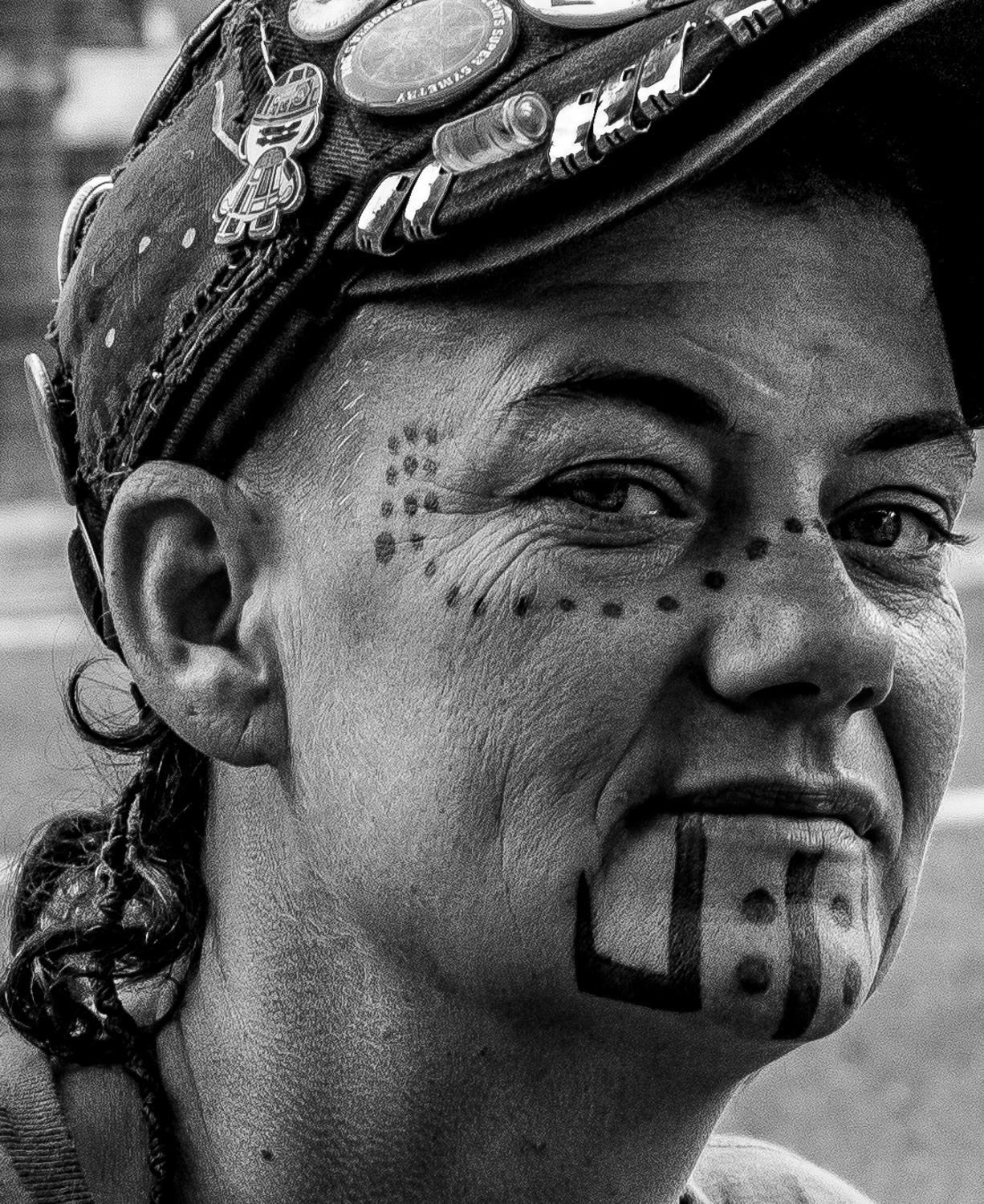
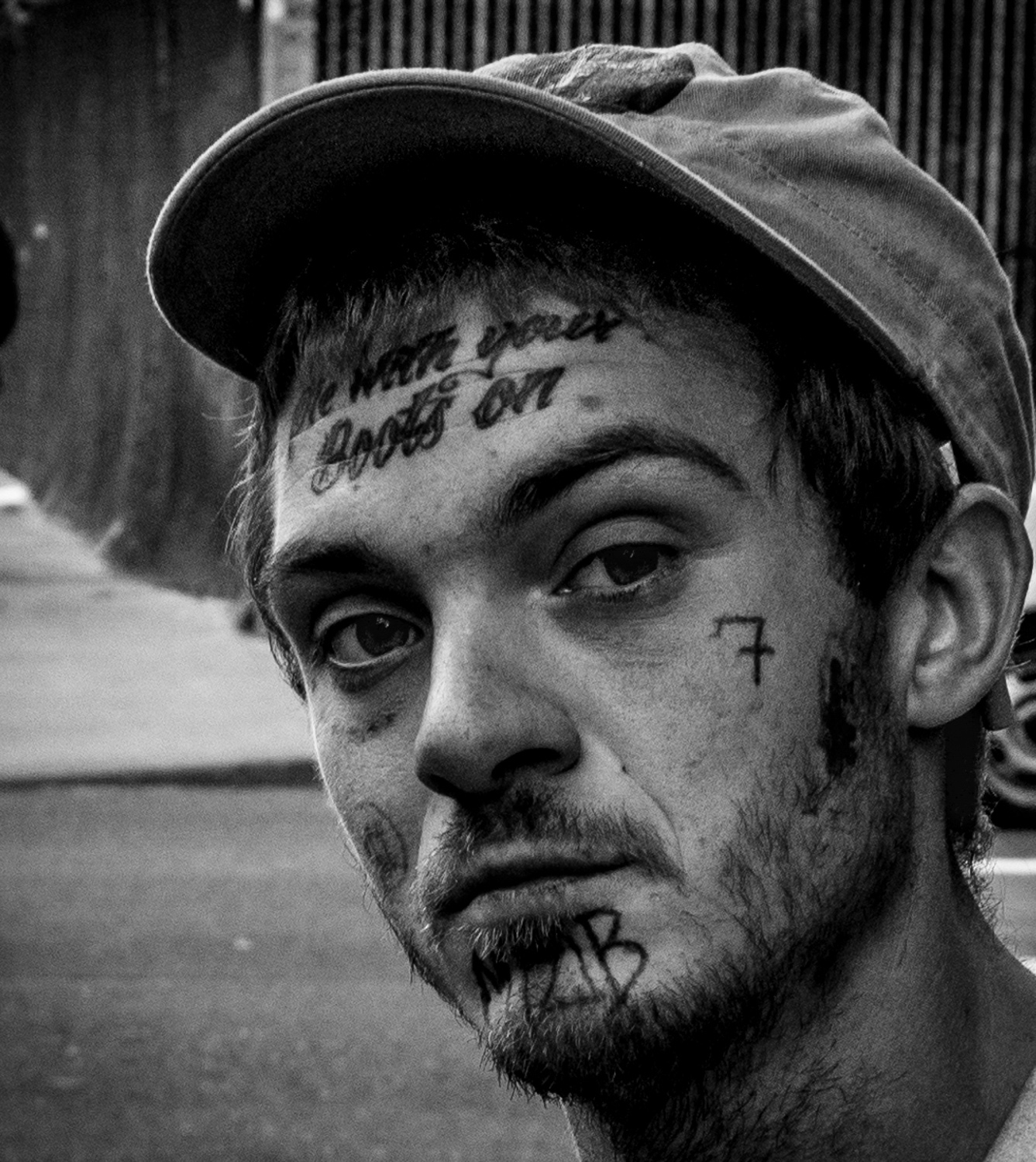
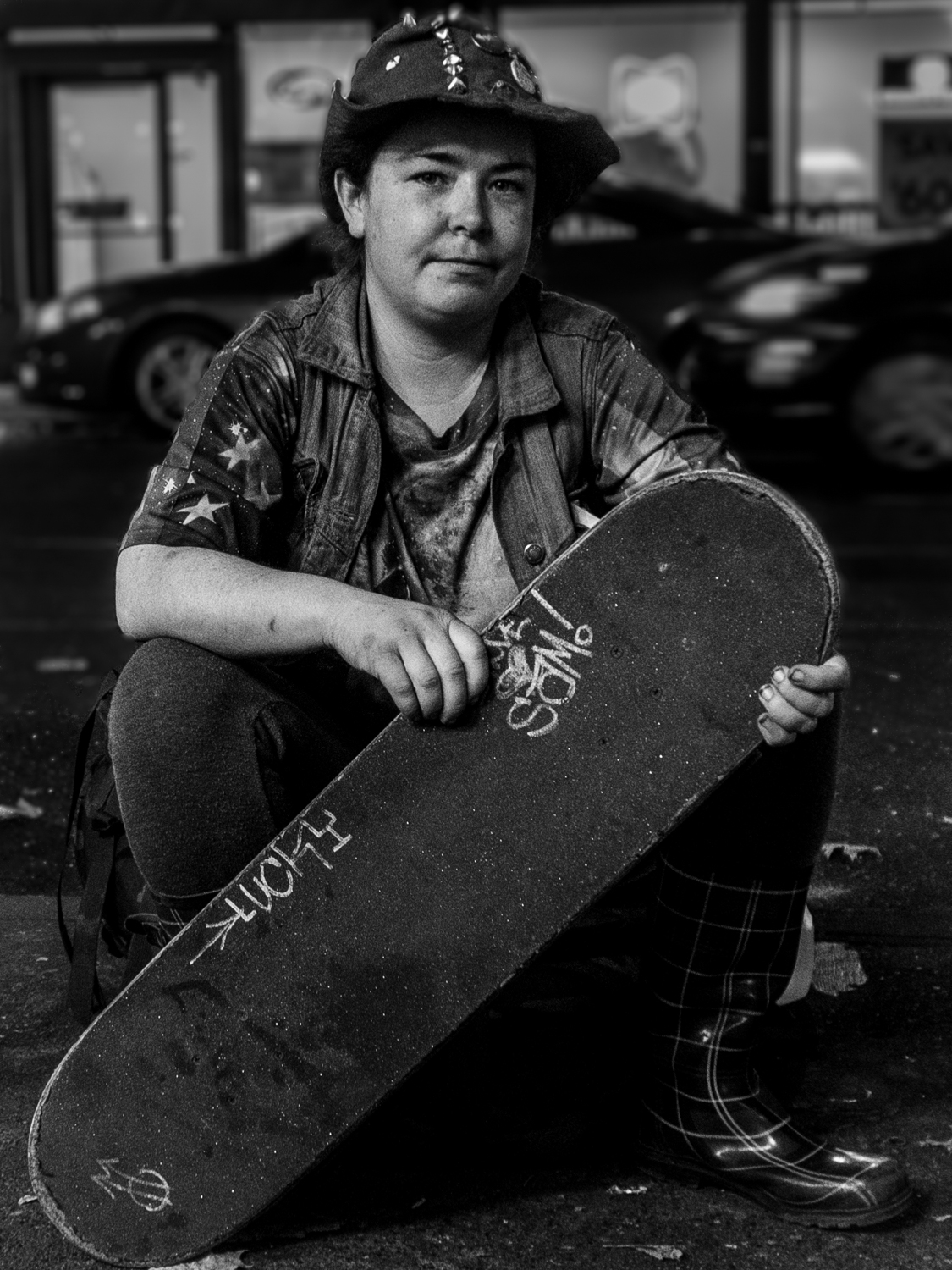
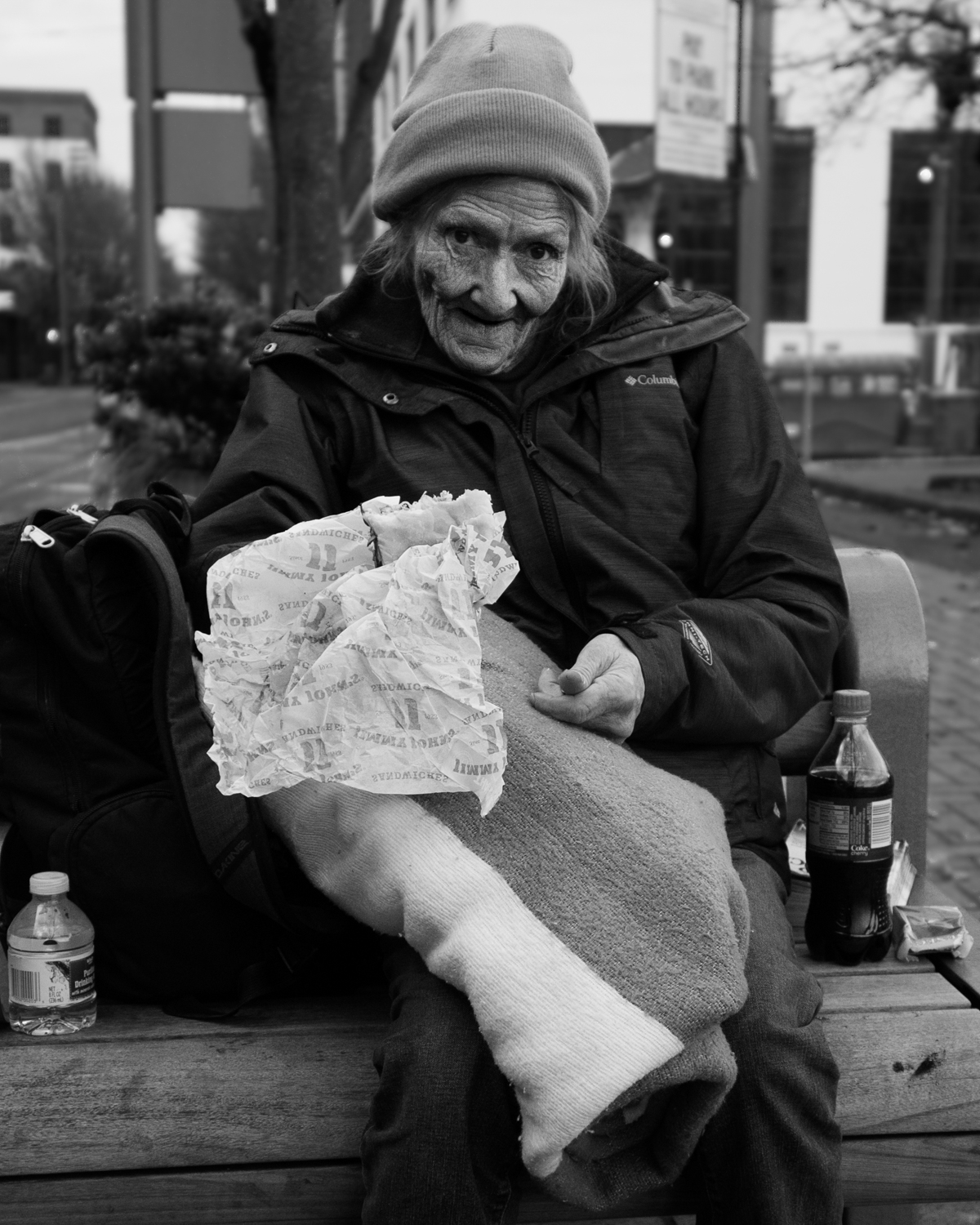

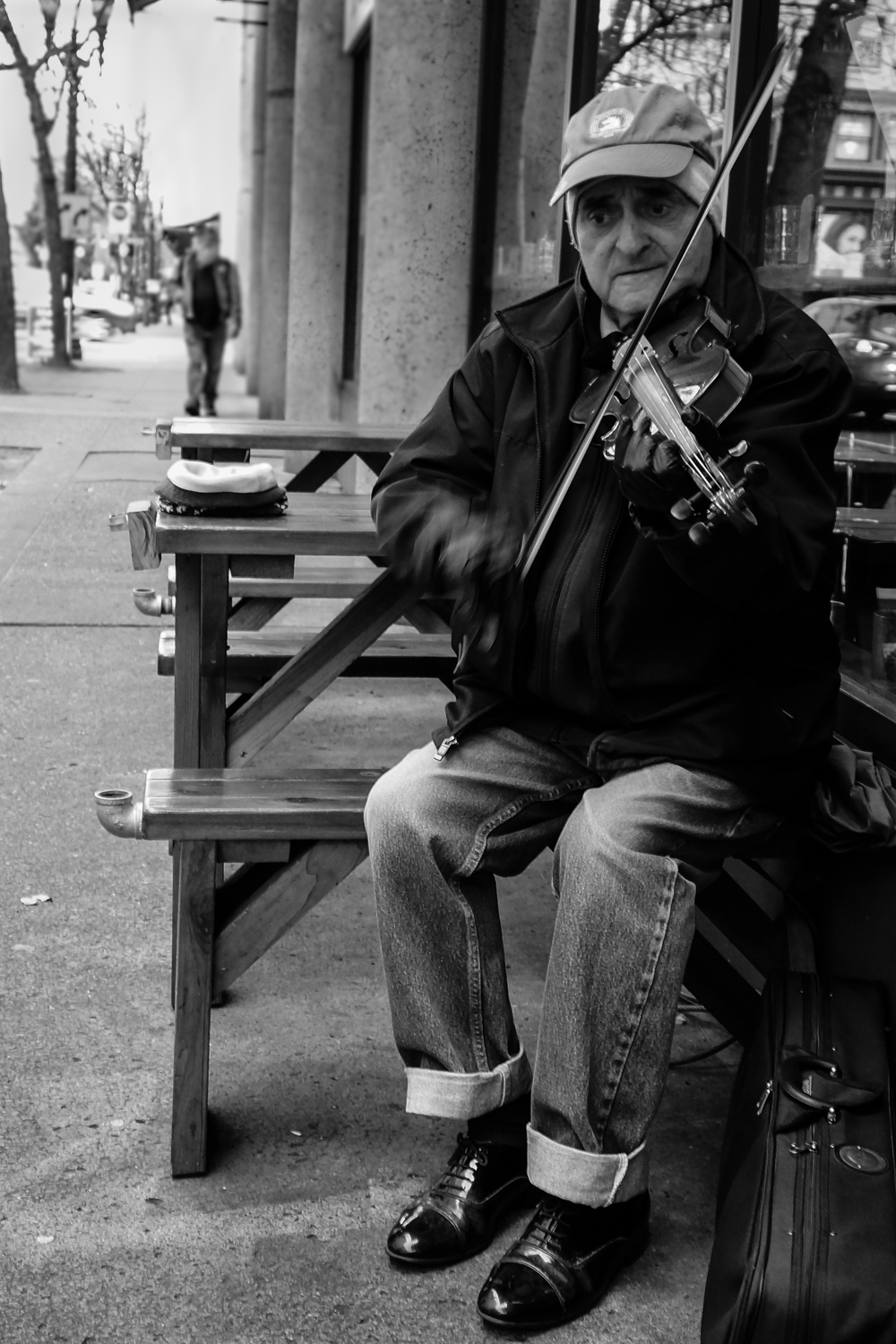
How to make great photography?
Photograph what interests you. Photograph what moves you. Photograph what you know. Patience, practice, criticism, and vision. Everyone has a camera, but there is only one person with my eyes and experience. Hopefully people are receptive to that person. The art happens when people interact and connect with what I show.
There are some people who take photographs of homeless people without asking and put them online? Did you have this experience? And how do you feel standing behind the camera now?
I do take photos without asking permission, and I have posted them. It is an obligation to show people how they are, I cannot achieve this by interrupting and asking the subject’s permission. I have an internal struggle thinking about this. I don’t feel good about ‘stealing’ these moments, but they are important. The viewer needs to see everything, especially when it is uncomfortable. I have to think of myself as a journalist, or a historian. In 10 or 20 years, people will need to remember this. I have standards that I follow. I only photograph in public populated spaces, I don’t photograph areas that people have to be, like food lines and shelters, or clinics. When I take a portrait I ask first. I won’t post photos that portray somebody in a harmful way.
Is it true that you are colorblind and that’s why you take black-and-white pictures?
I take black-and-white pictures because I like how it strips away the noise of the world. It removes a lot of the distractions. It is just the viewer and the subject. I am colorblind, but I am comfortable with color. But I want a picture that everyone sees the same. Black and white is an equalizer, black and white is poetic and raw. It’s the classic battle between light and dark.
Is photography a hobby for you?
Photography is not a hobby for me. It occupies my mind and my life. It’s a way of seeing things, and for me, a better way of looking at the world I live in. It is a passion that I hope will grow into a career.
